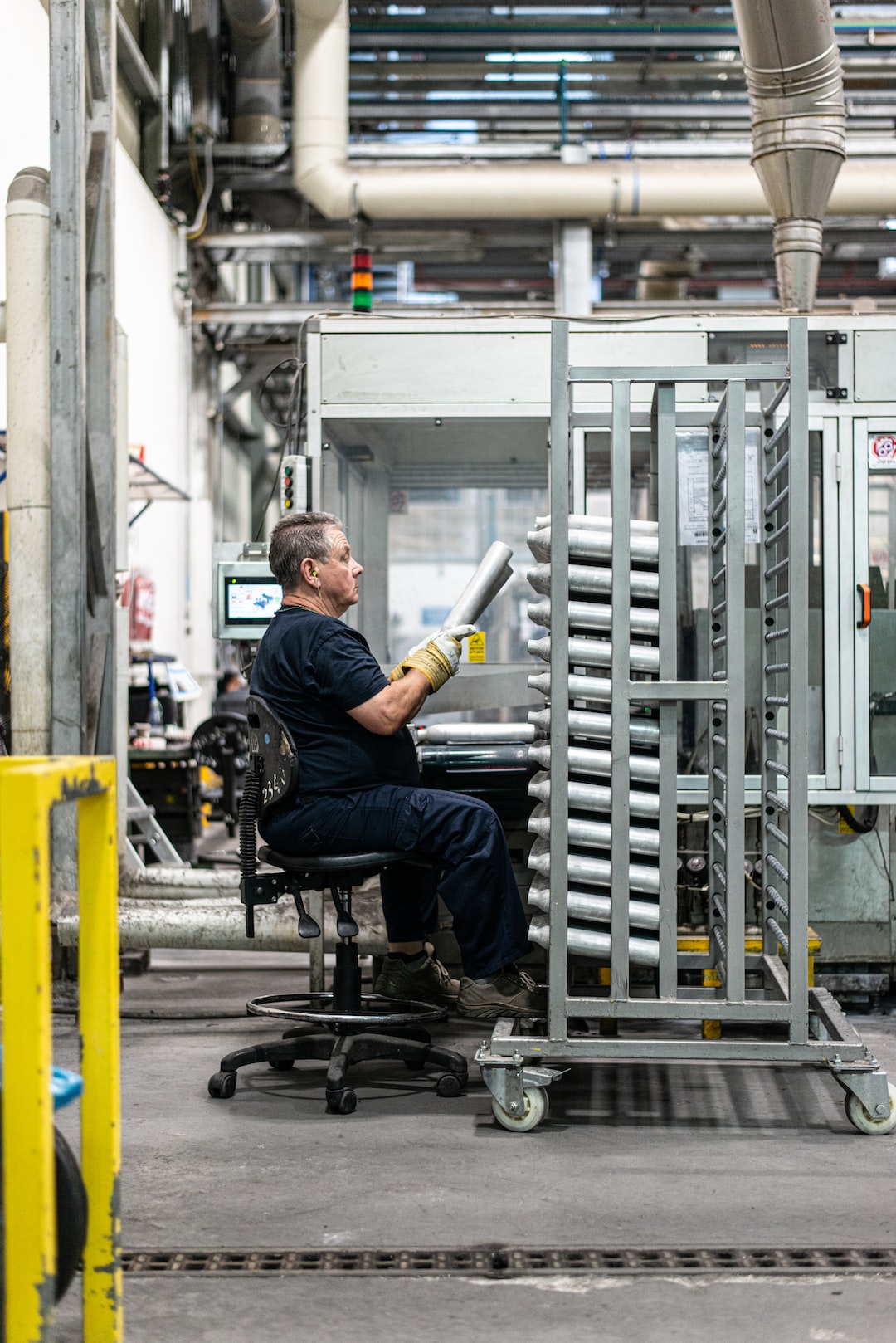The Impact of COVID-19 on Manufacturing: Challenges and Opportunities
The COVID-19 pandemic has brought about unprecedented challenges for the global manufacturing industry, disrupting supply chains, and causing a significant economic downturn. However, amidst these challenges, there are also opportunities for growth and innovation in the manufacturing sector. In this blog post, we will delve into the various ways in which COVID-19 has impacted the manufacturing industry and explore the potential for emerging opportunities.
One of the most immediate challenges manufacturers faced was the disruption of supply chains. With lockdown measures and travel restrictions imposed by governments worldwide, many manufacturers struggled to source raw materials and components, leading to production delays and disruptions. This highlighted the vulnerabilities of global supply chains and the need for diversification and resilience. As a result, there is now an increasing trend towards reshoring and regionalizing supply chains, reducing dependence on a single source and ensuring greater control over the procurement process.
Another major challenge faced by the manufacturing industry was the sudden drop in demand due to reduced consumer spending and global economic uncertainty. As lockdown measures were implemented, many non-essential businesses were forced to close, resulting in a decline in orders for manufactured goods. However, this challenging situation has triggered a significant shift in consumer preferences and behaviors, creating opportunities for manufacturers to adapt and innovate.
One area that has witnessed a surge in demand is medical manufacturing. The pandemic has exposed the vulnerabilities of healthcare systems globally, leading to a heightened need for medical equipment, personal protective equipment (PPE), and pharmaceuticals. This demand has prompted manufacturers to shift their production lines to develop and produce medical supplies, thereby contributing to the fight against the virus. This shift presents an opportunity for manufacturers to diversify their product portfolios and tap into the growing healthcare market.
Furthermore, COVID-19 has accelerated the adoption of digital technologies in manufacturing. As social distancing measures were implemented, many manufacturers had to find new ways of operating their factories and maintaining productivity. This has resulted in a rapid uptake of automation, robotics, and artificial intelligence in various manufacturing processes. Manufacturers have also embraced remote working solutions and virtual collaboration tools to ensure uninterrupted operations. The integration of these technologies has not only enabled manufacturers to overcome the challenges posed by the pandemic but has also increased productivity and efficiency. Therefore, there is immense potential for further growth and expansion in the field of smart manufacturing.
The pandemic has also highlighted the importance of sustainability in manufacturing. The disruption caused by COVID-19 has served as a wake-up call, emphasizing the need for a more resilient and sustainable industry. Manufacturers have been forced to re-evaluate their operations and supply chains to reduce their carbon footprint and environmental impact. This has led to the adoption of greener practices, such as energy-efficient manufacturing processes and the use of eco-friendly materials. As governments and consumers become increasingly aware of the fragility of our planet, manufacturers who prioritize sustainability will gain a competitive advantage and secure a more resilient future.
In conclusion, the COVID-19 pandemic has undoubtedly presented numerous challenges for the manufacturing industry. Disrupted supply chains and reduced demand have forced manufacturers to reassess their operations and strategies. However, amidst these challenges, there are also significant opportunities for growth and innovation. This crisis has accelerated the adoption of digital technologies, highlighted the importance of sustainability, and opened new avenues in sectors such as medical manufacturing. By embracing these opportunities, manufacturers can emerge stronger and more resilient, ready to navigate the post-pandemic world.

